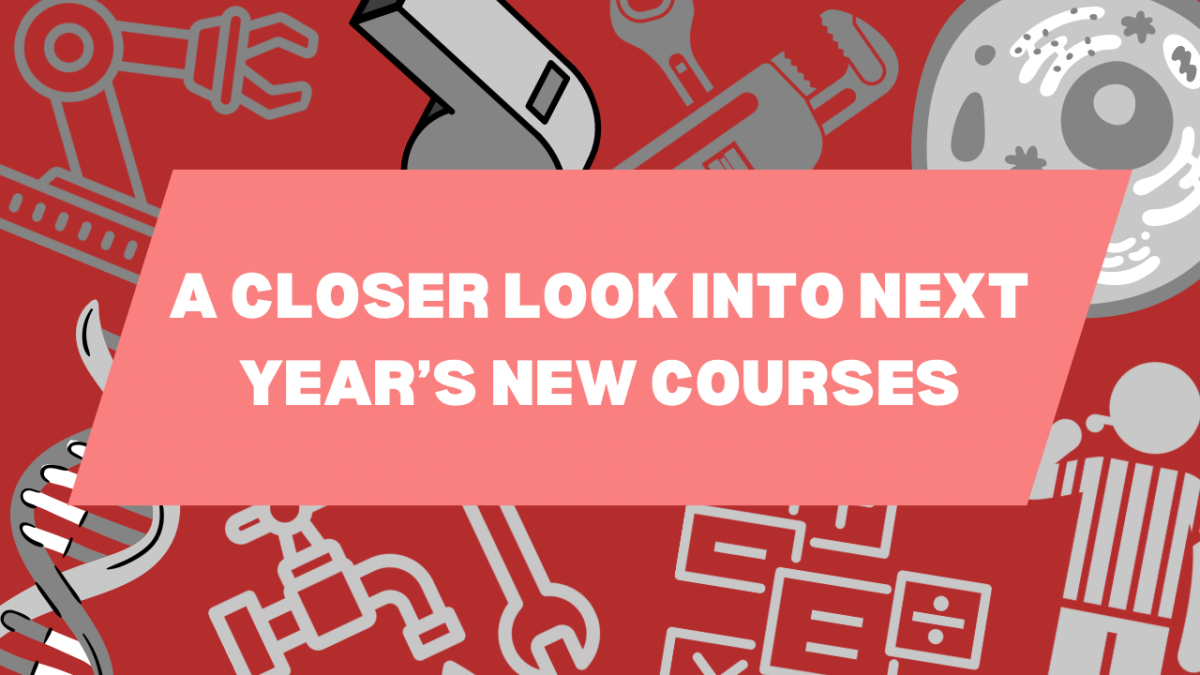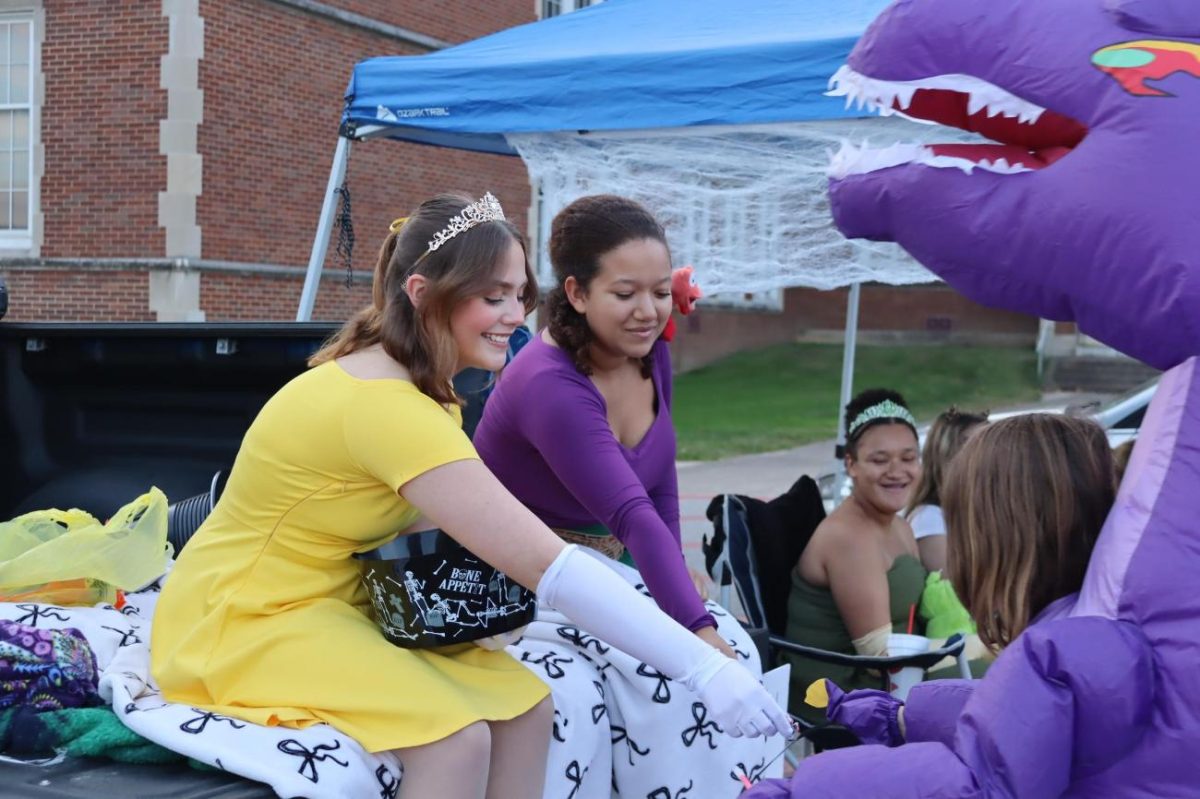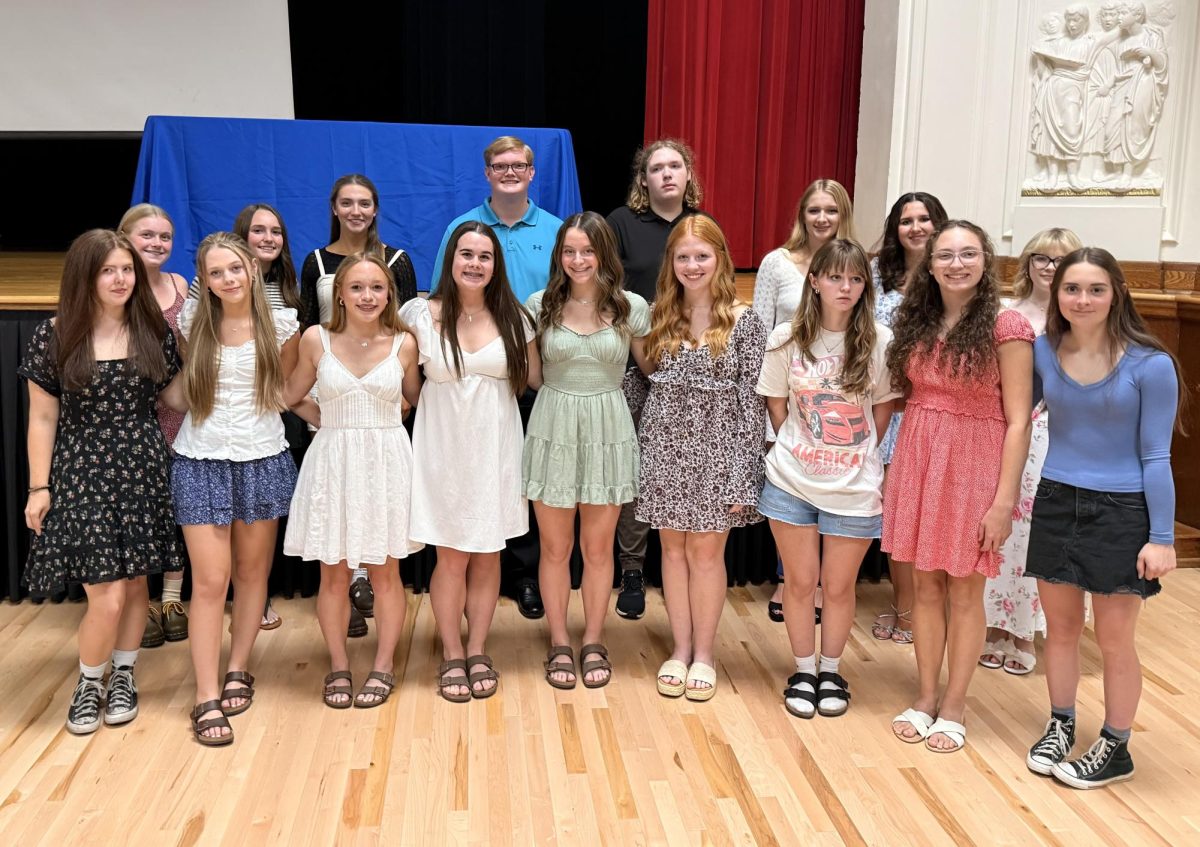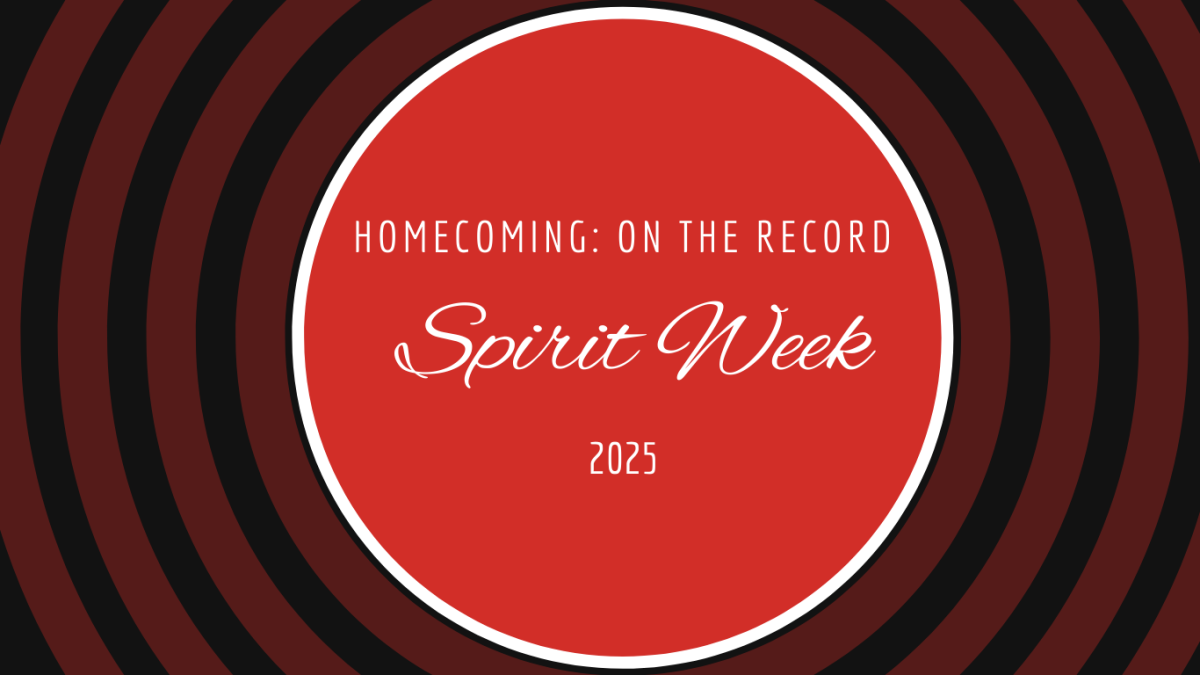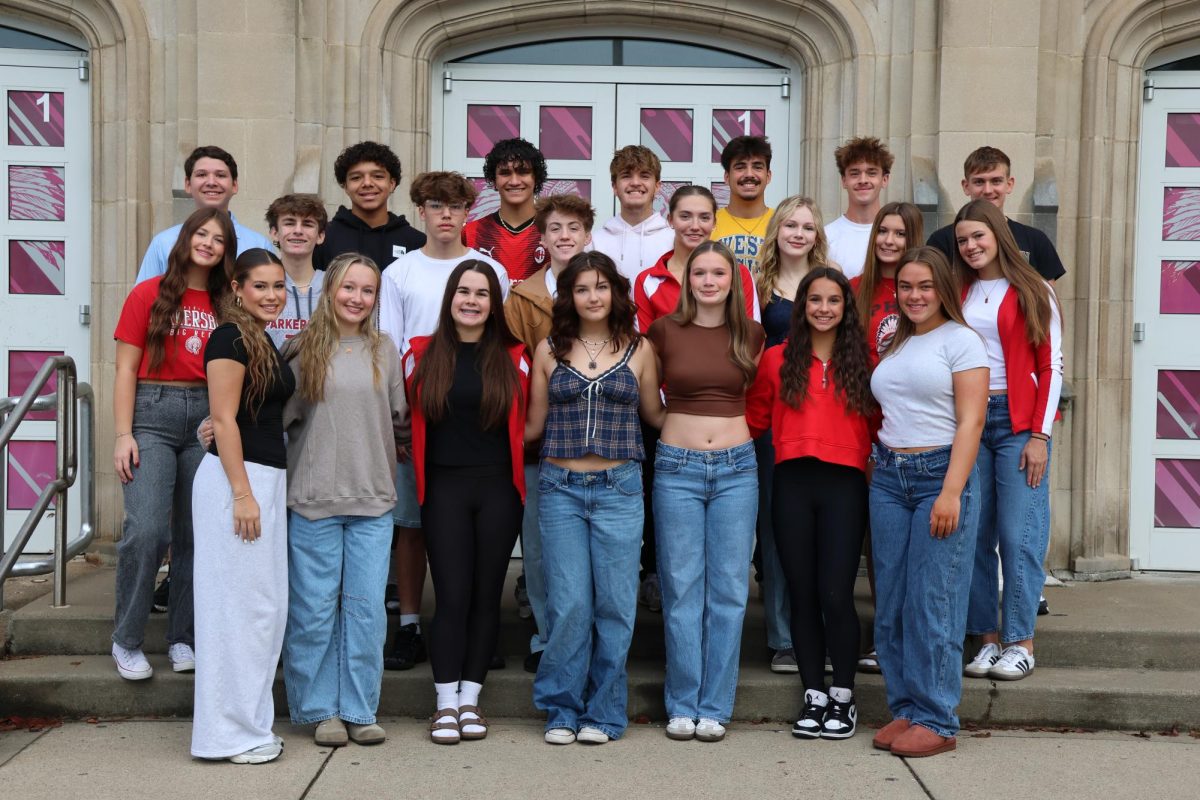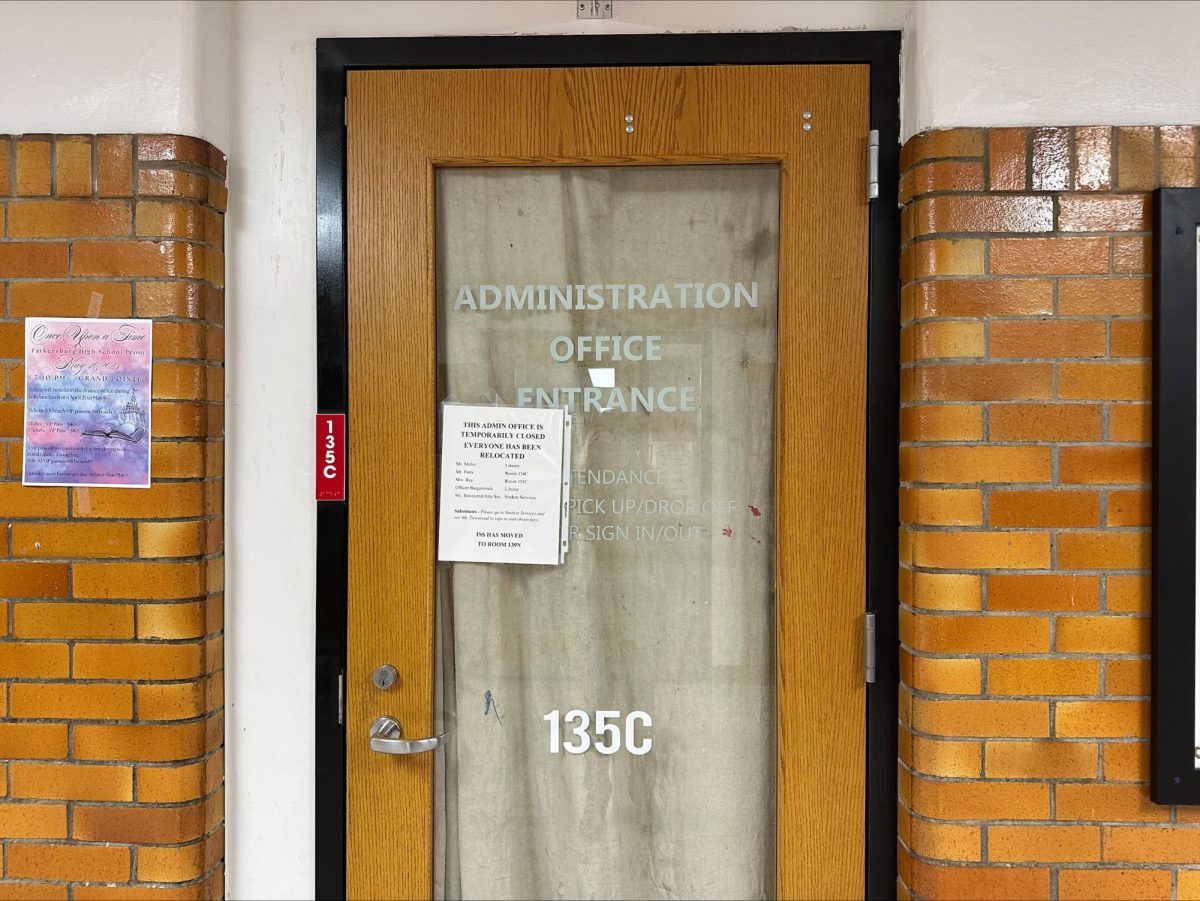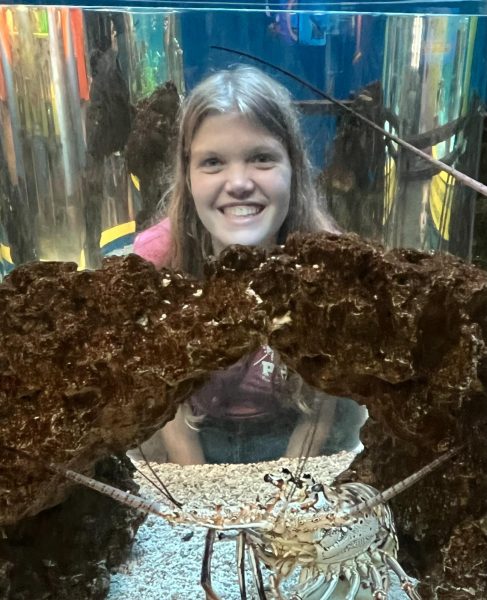As students begin scheduling for the 2024-2025 school year, there are several new courses up for consideration. Many have heard about Referee Certification, Biology 2, Plumbing, and Advanced Mathematical Modeling, but have yet to learn what the classes will look like. Additional information for students interested in the courses but unsure that they should take them is listed below for all four classes.
Referee Certification
Taught by sports teacher Sam Vincent, Referee Certification will be a new course next school year. The course will give students who are interested in sports an opportunity to get a job in this area, especially in refereeing youth sports, such as working through Vienna Rec. Vincent believes that students who are interested in both the course and becoming a referee have the potential to make a lot of money.
“There’s a huge need for referees in this community,” said Vincent.
The course will share some similarity to Drivers Ed in how students will be able to get certified in that students will complete the course to get hours and knowledge on the subject, then take a test at the end of the year to get their certification. Students will be helped through their course by Vincent and then they will pay for the test and take it to get their certification after completing the class. Huntington High School was the first in the state to include this course and Vincent will follow their model. He plans on having students watch referees during live games at PHS and those on YouTube, as well as helping them through online tests. There are no prerequisites before taking Referee Certification, and all students who are going to be sophomores or above next year can sign up for it. The course will count as an elective credit.
Biology 2
Taught by science teacher Sherri McManaway, Biology 2 is open to all upcoming juniors and seniors who took and passed Biology in their sophomore year. Biology 2 will be similar to AP Biology in that they are both weighted classes as well as extensions to what sophomores learn. The main differences are that AP Biology counts only as an AP course and gives students who take it an option to take the AP test at the end of the year, while Biology 2 has been added as a course mainly to give students an opportunity to get dual credit (four credits) in the college courses of Biology 101 and 103. McManaway recommends Biology 2 to college-bound students who want to get a head start on their credits.
“College students have to take a science or math class, and biology is one of those,” said McManaway. “It knocks off some credits for students who don’t want to major in biology.”
Students who want to major in Biology or another science should take AP Biology, as it will focus more on statistics and calculations than Biology 2 will. AP Biology will also provide students with a science credit, which will look good to colleges if they’re trying to major in a science field. Biology 2 will count as an elective credit, meaning that it’ll be better for students who just want college credit and aren’t trying to look as solid in sciences to colleges. If students are taking Biology 2, they must be aware that they will pay the dual credit tuition. Only students who want the credit in college should take this course.
Plumbing
As of now, the new plumbing teacher position has not been filled. However, principal Kenneth DeMoss has some insight on what the course will look like. The class will be a CTE program, with students being able to go through Plumbing 1 to Plumbing 4 in a 2-year course. DeMoss wanted to open up the opportunity of a plumbing class to students in PHS and the rest of Wood County.
“We have an opportunity to provide a service for our students that the county doesn’t offer at all,” said DeMoss.
One goal with the course will be to have students from both South and Williamstown come here to take it. Similar to other programs at the Caperton and Tech Centers, taking plumbing will have students prepared to get certified as plumbers after passing it, as the class is intended to train students in both water and gas plumbing systems. More information on the plumbing course will be available once a teacher is hired.
Advanced Mathematical Modeling
This class, taught by math teacher Barbara Gelpi, will count as a math credit and be open to all students who have at least completed Algebra 1, as she believes she can make any level of mathematical skill work for the course. Gelpi plans to involve technology and real-world scenarios as much as possible in the class. Despite having plans of what it will look like, she also doesn’t want to necessarily have a set schedule on what will happen in the class, as she’d like for her students to come up with most of the ideas on their own. If students come to her with their ideas of projects, she will try to approve of them.
“I want people to come up with their own ideas,” said Gelpi. “It’ll kind of be a mess, but I’m excited for that. I’m looking forward to teaching it and I’m looking forward to input from people.”
Throughout the course, Gelpi wants to be able to involve classwork with computers, robotics, and 3D printing, as well as assigning group projects where students will be able to participate in miniature scenarios that will help them develop mathematics in a hands-on way that can apply to the adult world. From a technological standpoint, she would like to involve building and programming robots. The class will involve many different levels of mathematics and will be open to suggestions and criticism from those who choose to take it. Gelpi wants it to be a hands-on and active experience for students.

